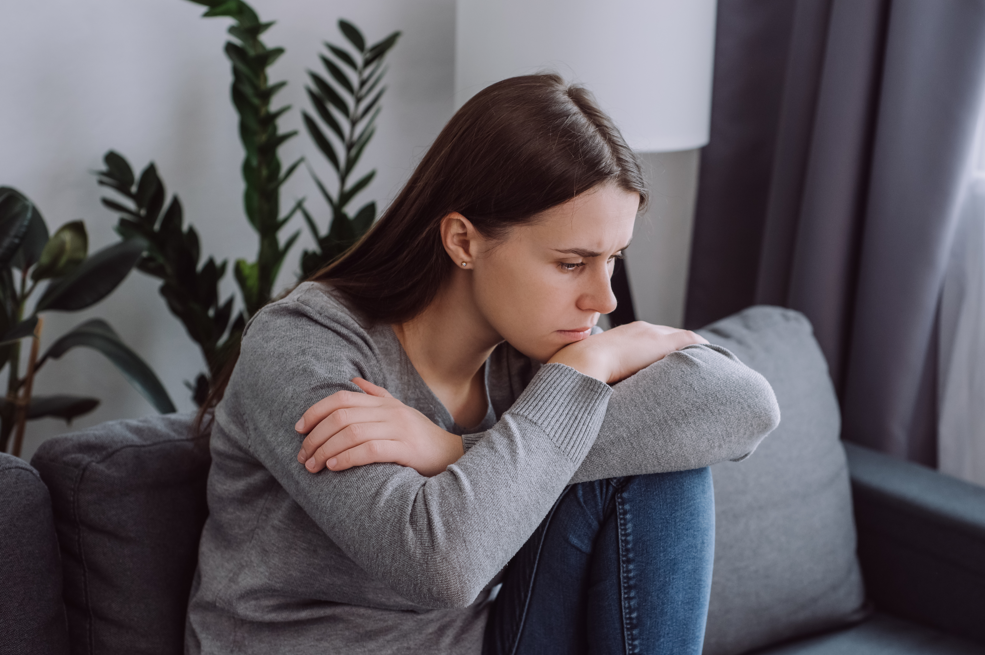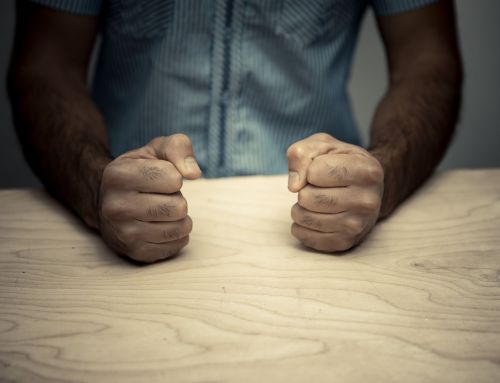
Dating in addiction recovery can be both beneficial and problematic, depending on the situation and the people involved. Some patients consider it perfectly fine to date within their treatment program, while others see it as a potential conflict of interest that could cause trust issues between partners and make recovery efforts more difficult.
Unfortunately, when it comes to dating in addiction recovery, there aren’t any clear-cut rules as to whether it’s appropriate or not, so you will have to decide this issue based on your own personal values and preferences.
Relationships and Recovery from Substance Abuse
People in recovery are advised not to get into new relationships right away. Relationships may easily become stressful or troublesome when two people are in a state of acute sensitivity and active healing. Bonds formed as a result of sharing the same path may be strong. They could also obstruct the healing process.

People who are actively involved in relationships while in recovery risk losing sight of their mental health objectives. In the appropriate situations, connections may help people get stronger, but rehabilitation is a fragile period. Those who are actively seeking treatment require all of their mental capacity to concentrate on the emotional adjustment necessary to overcome the influence of their drug use, as well as the side effects that come along with this time.
There is yet another issue. Two-thirds of people who abuse drugs return within only weeks or months after starting treatment, and it is believed that more than 85% of people relapse within a year of therapy.
An individual’s personal recovery may be significantly impacted by dating a recovering spouse who relapses. The two lovers can also end up relapsing together. New and established partnerships normally struggle with certain issues. Even people without mental health issues find it challenging to handle the highs and lows of love relationships. Early recoveries may find it very difficult to handle the emotions of a relationship without having access to their preferred coping mechanism. In addition, if they do relapse, they could drag their spouse along.
Dating Fellow Patients in Recovery
It’s natural to want to connect with another person and forge an intimate relationship.
However, there are a few major cons for dating in addiction recovery. These include the following:
- To some extent, the power of addiction is encapsulated when addiction is present in two people who are romantically involved. Unless both partners mutually share the same motivation for overcoming addiction, the more addicted one may be drawn back into his or her old ways of coping with life. The other person may end up getting hurt or even worse – addicted himself/herself as well.
- Communication and intimacy can be difficult since both parties have many challenges, challenges that can be harder to navigate together than separately. As opposed to someone not struggling with addiction, it might not be easy to offer support when it comes to things like depression and anxiety.
- Addiction recovery is already a challenging process on its own; if patients date other patients, they run the risk of being too exhausted by each other’s needs and losing sight of their own goals and desires.
- Additionally, relapse rates are higher among those dating within recovery. There is something about being around someone going through the same situation that seems comforting, but it may also provide temptation. Finally, there is the stigma associated with relapse (e.g., I must really not care about myself) which can make feeling comfortable enough to reach out for help even more challenging.
When It May Work
It may seem tricky at first, but patients dating other patients can be successful if it is properly managed. The most important factor for recovery and relationships is transparency. Be upfront with your partner about everything- what you are struggling with, and what resources or professionals you are seeing to work through the issue. When both parties are being honest and able to talk about difficult topics, there should be no problem building a healthy relationship where each person is giving as much as they get.
The Verdict
It is not uncommon for patients to be attracted to other patients in addiction recovery. However, dating in addiction recovery could cause major difficulties.
One potential problem that may arise is the issue of dual relationships, which might end up harming one or both parties (and by extension the patient’s recovery). If two people find themselves on bad terms and can’t work out how they feel about one another or what type of relationship they want with each other, this can affect their recovery. The key is to make sure that you are honest with yourself and your partner about where things stand before starting any sort of romantic relationship. The best way to do this is by keeping a close eye on boundaries; don’t let them get blurry!
Dating in Addiction Recovery: Is it Appropriate?
There are both advantages and disadvantages to dating a fellow patient. It can be great for morale if the date ends up leading to a long-term relationship, but relationships can easily become codependent and lead to relapse.
But just as with any relationship, there is always a chance that you may form a romantic connection with someone else in recovery who will help you get through your addiction journey together. The important thing is not to expect that they are going to be your perfect match at first. The most important aspect of dating someone else in recovery is forming honest, open communication which will set you up for success over the long haul.
Your best option is to first talk to an addiction recovery counselor at North Jersey Recovery Center before you let your feelings for each other develop further and start dating. Contact us today to learn more about our recovery programs!






